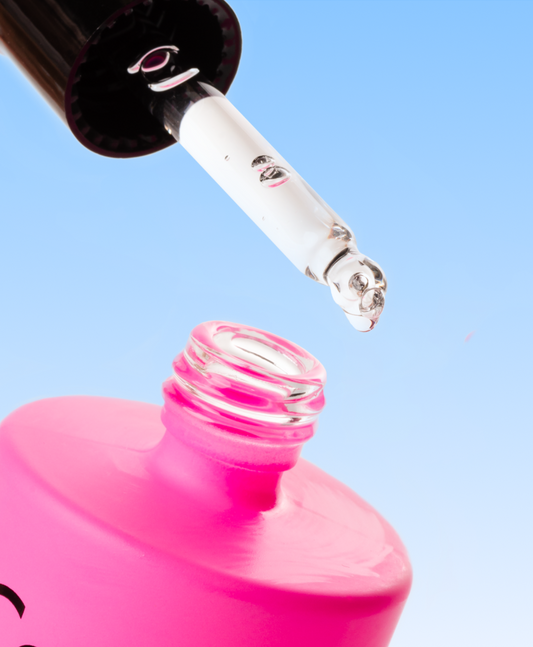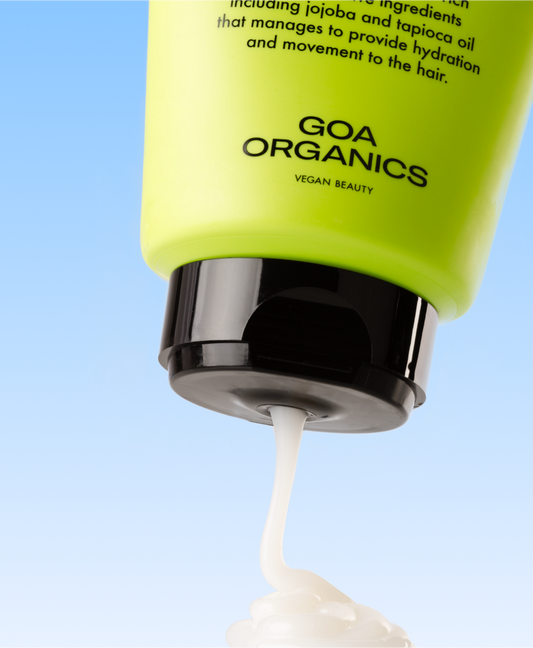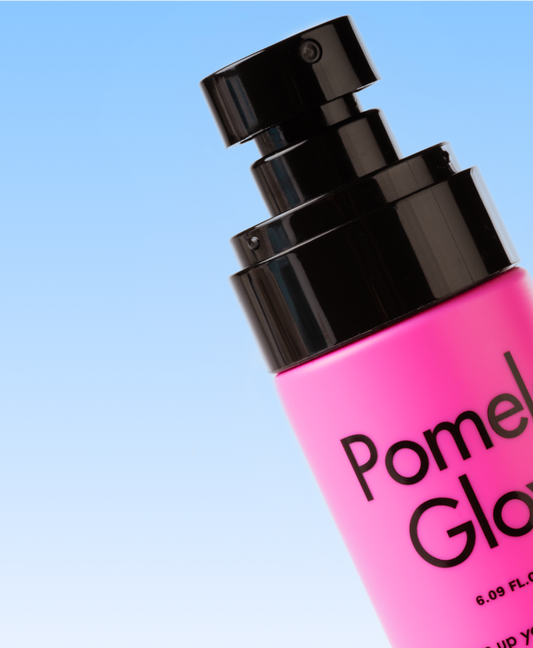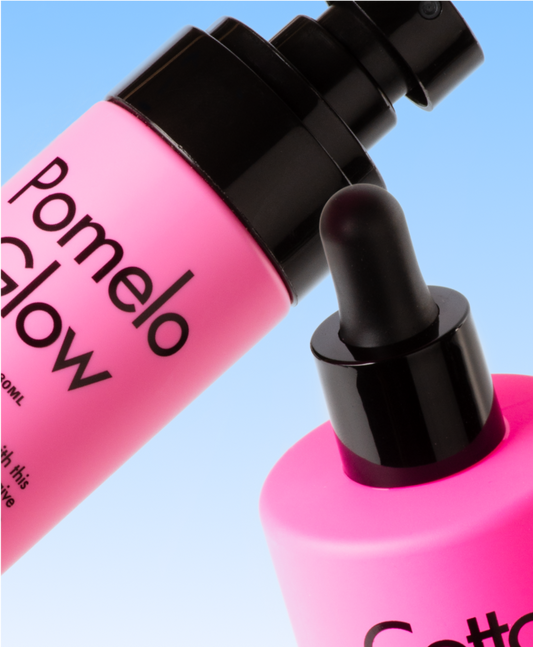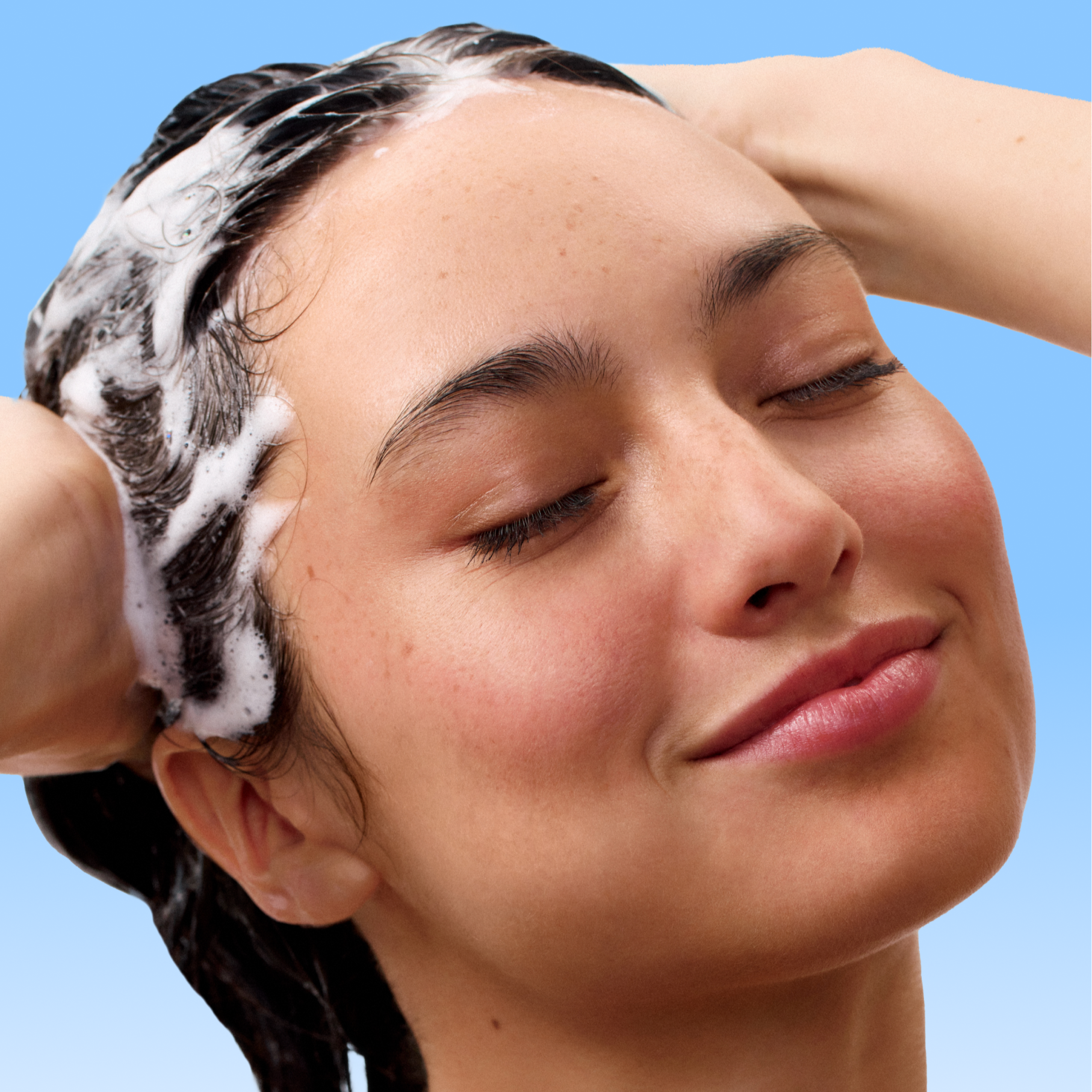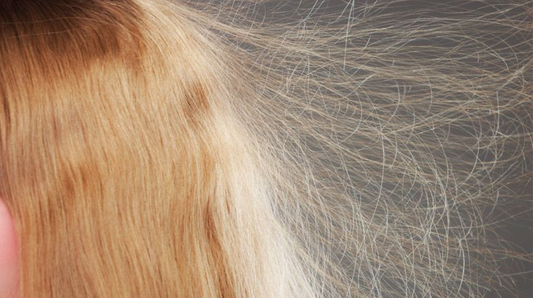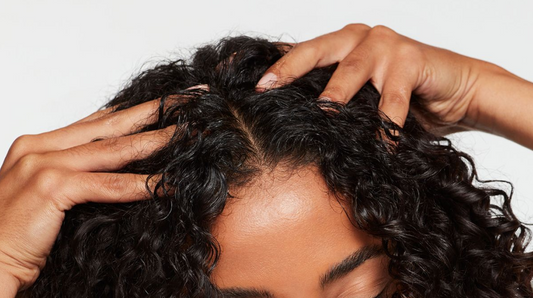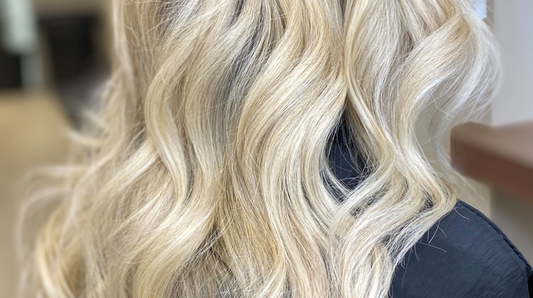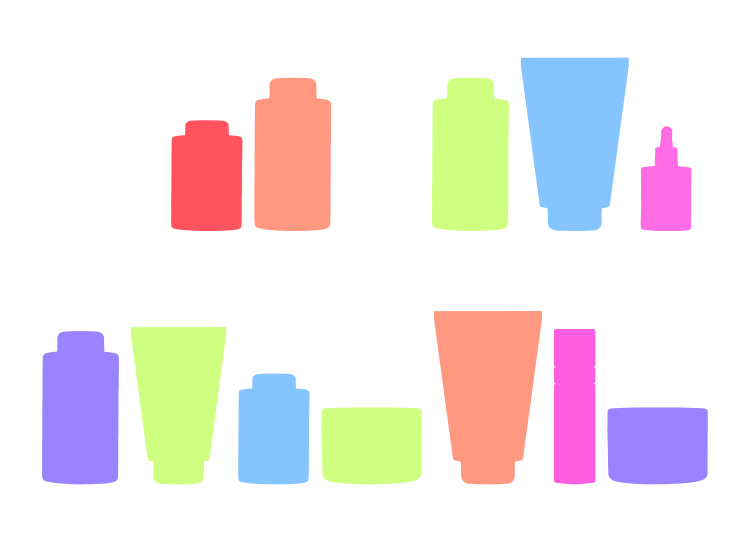What are preservatives?
Preservatives are ingredients or substances capable of preventing or reducing microbial growth in a cosmetic. They also prevent contamination by microorganisms, such as bacteria and fungi, during storage and use of the product by the consumer, which means that they can extend the shelf life of the cosmetic product.
They are usually incorporated in formulations with a small concentration, typically between 0.0005% and 1% active ingredient.
Why are they so important in cosmetics?
Most cosmetic formulations contain a high percentage of water, fats and vegetable extracts. This makes cosmetic products the perfect home for microorganisms.
Preservatives are used in cosmetics to reduce the risk of microbial contamination and to ensure that the product remains suitable and safe during its shelf life and during the period of consumer use.
If preservatives are not used in cosmetic products, they, like any food, could become contaminated with microorganisms. The presence of microorganisms in cosmetic products can cause changes in physical appearance, color, odor and texture. In this case we would be aware that the product is not in optimal conditions to be used. But there are times when microbiological contamination does not modify the appearance of the cosmetic, and this is when the risk is higher, since we are not aware that the product has been contaminated and can cause irritations, infections or other harmful effects to the health of consumers.

Are preservatives safe?
All preservatives must undergo a rigorous safety assessment and several quality controls before they are used. In addition, the EU has a very clear law regarding the percentage of each material allowed in the different formulations, so no product on the market containing preservatives is going to be toxic or unsafe for the consumer.
How to identify them?
The most commonly used preservatives in cosmetics are the following:
- Benzyl alcohol
- Salicylic acid
- Benzyl benzoate
- Phenoxyethanol
- Citric acid
- Sodium benzoate
- Methylisothiazolinone
- Propylparaben
- Potassium sorbate
- Methylchloroisothiazolinone Methylisothiazolinone
- Benzoic acid
- Ethylparaben
- Benzylisothiazolinone
- Sodium citrate
- Chlorhexidine
- Benzalkonium chloride
- Imidazolidinyl urea
- Butylparaben
- Sorbic acid
- Sodium bisulfite
- Phenoxyethanol
Conclusion
Preservatives are very important when creating a cosmetic formulation, since their non-use not only means a loss of efficacy of the product, but also the health of consumers, infections and irritations.
